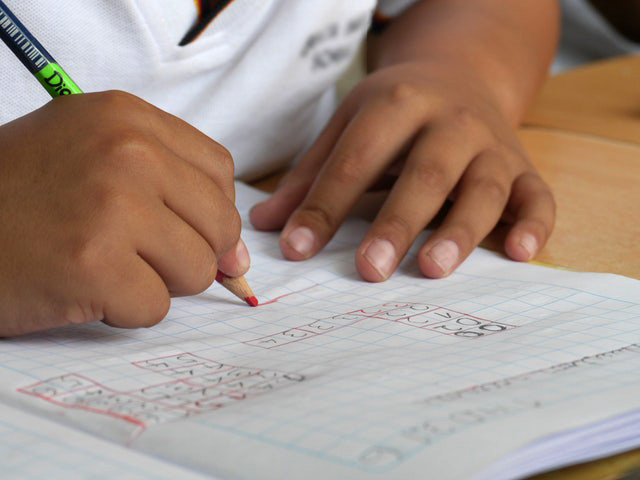
Maintaining a Positive Attitude Toward Homework
August 30, 2017
Choosing a Tutor
September 20, 2017
Although all colleges and universities offer services for students with a disability (LD and ADHD among others), an Individual Education Plan is valid only from kindergarten through grade 12.
After high school, students are covered under the Americans with Disabilities Act and Section 504 of the Rehabilitation Act (ADA and 504) at the post secondary educational setting. The good news is that students who did not qualify for support in high school may be eligible for assistance in college. The bad news is that the student must seek the assistance, and she may need another evaluation using adult norms. Certainly, the IEP has valuable information regarding the supports that were helpful for the student in the past, and will be useful in planning to be successful at the next level.
How can you get information about what the community college/university requires in order to obtain support services? Look at the website of the college or university. Under Student Support Services or Disability Services there will be a listing of the type of evaluation and specific tests that will be needed for a particular disability. The website should indicate how recent the evaluation needs to be (sometimes no more than three years old), what measures are needed and who can administer the evaluation. Requirements can vary from one university to another. All of that information would be submitted to Disability Services for review. The student still submits an application for admission through the usual process.
When you and the student are visiting community colleges and universities, it is a good idea to also make an appointment with Disability Services while on campus. Your student will want to know what assistance is available to him. If your student is 18, he will need to be prepared to discuss what supports he has found to be helpful. Those supports could be the use of a note taker, extra time for tests or taking tests in a quiet location. He may need a weekly “check in” with a counselor to keep up with the workload. Is there tutoring available if he finds himself unprepared for the subject matter in a particular class?

At Springer School and Center, we are offering a program for parents of high schoolers and their students. Click here if you would like to register.
Blogger Mary Ann Mulcahey, PhD, shares her expertise in assessment and diagnosis of learning disabilities and ADHD, and the social/emotional adjustment to those issues. If you have questions, please contact Mary Ann at .



